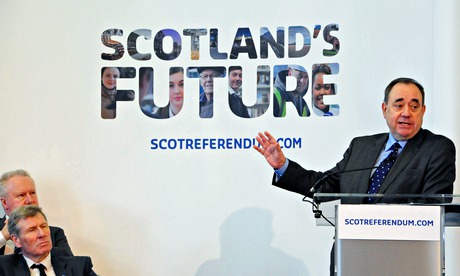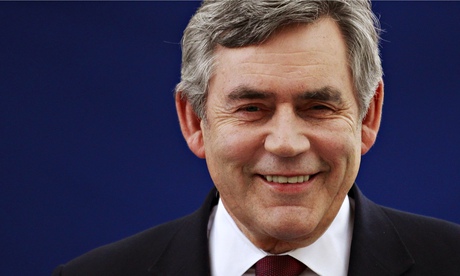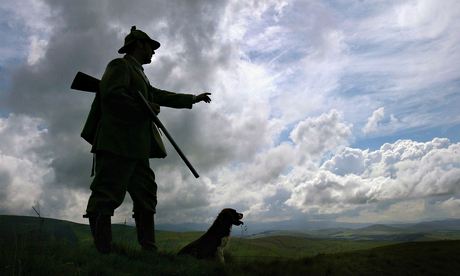With its independence vote Scotland is able to ask big questions about its destiny. I have no idea what that feels like

Imagine having a say, an actual say, in how your country is run. You might even consider big questions, like the distribution of wealth, the dividing up of resources, your tiny country’s place in the big bad world. You may go down the pub and argue with your friends about what your identity actually means, you may be already certain and slag off those who think differently on Twitter, you may be wavering on several issues. You may be just 16 and able to vote for the fist time in your life.
This may or may not be my business, depending of course which way Scotland votes in a few weeks time, but as this referendum hoves into view with another televised debate tonight, my main emotion is perhaps pathetically English. It is one of envy.
This conversation, this questioning about who you are, how you are to live and who is to be in charge, shows the essential internal organs of a political system being openly tested and examined. Here in Albion, there appears to be only stubbornly undiagnosed organ failure. I do not know what it is to be Scottish and feel utterly disconnected from Westminster politics. I only know what it is to be English and feel like that.
Every time I voice that, inevitably, I am told that somehow I should vote more. When and where exactly? Instead I see that power clusters in ever closer elites at the top of society. These closed shops hug themselves tighter than David Cameron’s wetsuit. The problem, we are told, is that Cameron surrounds himself with yes men. And the trouble with Ed Miliband is that he surrounds himself with people who are very similar to him, and so it goes on until the only real alternatives on offer are Nigel Farage or Boris Johnson. Some choice.
As I see it the Scots are always patronised by talking about independence in terms ofmarriage, divorce, and breaking up the CD collection. Yet I wonder what kind of relationship ever existed in the first place. It has long been apparent that what has gone on in the south-east, and in the City of London in particular, has clearly not been faithful to any of the values of a fairly basic social democracy. It has been about strident privatisation and the dismantling of the welfare state. Scotland at least gets the chance to reject this, English people don’t.
Because many of us have never lived in a United Kingdom. These words mean nothing to me.
Whatever the Scots decide, England will shake. And it needs shaking. If England is actually a Tory land and needs Scotland as a Labour colony, then England should face up to itself, and its demons.
Independence is also often framed in terms of maturity. Is Scotland ready for independence? Surely it is the other way round. Is England grown-up enough to see itself the way it actually is? For that, we would have to be seen and heard, reconnected to the democratic processes, and be far more honest with ourselves than we are often prepared to be.
The best debates about Scottish independence have asked big questions and often there are no easy answers. There is a truthfulness in that. Imagine if England could ask the same questions of itself instead of assuming that all was settled long ago. Imagine if we could do this without ceding to Ukip-style regression.
Scotland will do whatever it does. As I watch from afar, I cant help thinking for us English, chance would be a fine thing.









